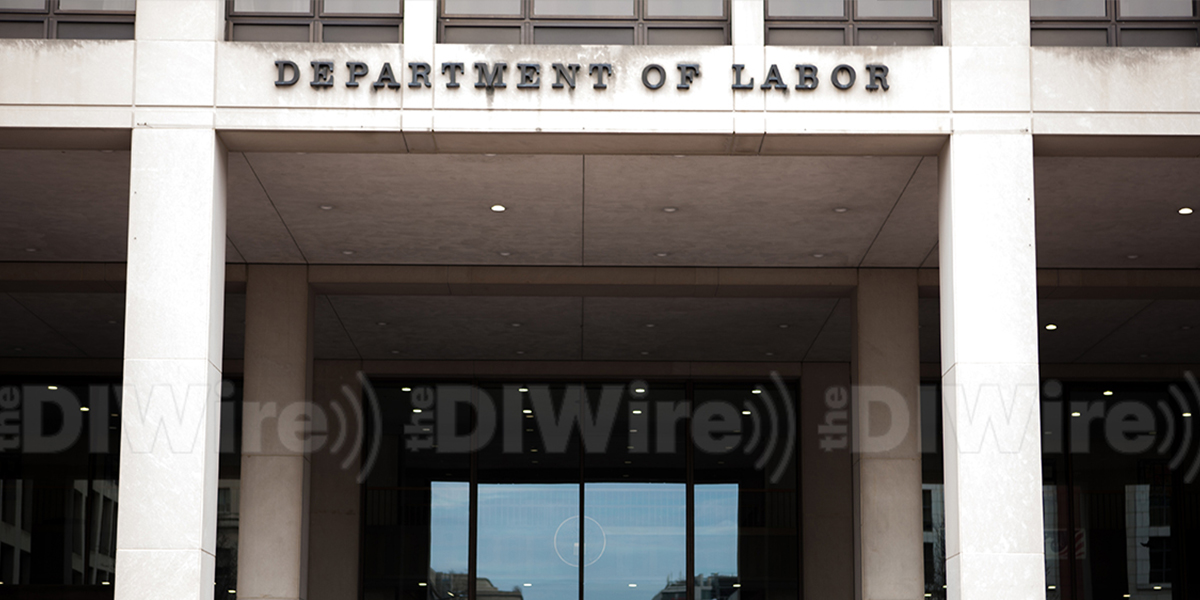BDs Give Failing Grades to DOL on Content of and Process Leading to Final Fiduciary Rule

The Broker/Dealer Coordination Group, a membership organization/coalition representing 18 financial service companies, believes that the U.S. Department of Labor’s final Retirement Security Rule will substantially harm low and middle-income individuals. The group’s law firm and registered lobbyist, Davis & Harman LLP, examined the DOL’s responsiveness to concerns articulated by Congressional Democrats before finalizing the fiduciary rule.
An adviser of companies on emerging issues in employee benefits and insurance tax law, D&H picked out nine key concerns raised by Democrats and graded DOL on its responsiveness to public input about the fiduciary rule.
Time to comment/rushing the process: Letter from eight Democratic senators, led by Senator Jon Tester (D-MT): “[W]e believe it is critically important to significantly extend the comment period … [W]e are concerned that you are rushing this project and the people that will be hurt are the ones you are trying to help the most.”
- D&H DOL Grade = F: Not only did DOL not extend the comment period, but they actually accelerated the pace of rulemaking. A study of DOL’s substantive retirement rules still in effect shows that over the past 15 years, DOL spent the shortest time finalizing the current fiduciary rule – 66 days, with the next shortest time being 110 days.
Right of parties to determine nature of relationship: Letter from 30 House Democrats, led by Representative Gwen Moore (D-WI): “When a financial institution agrees with a customer expressly, clearly, and in writing that it is providing brokerage services only, would that agreement be determinative in that a fiduciary relationship with respect to that arrangement is not created?”
- D&H Grade = F: DOL flatly rejected this point, i.e., a commenter’s rationale “that a financial institution may agree with a customer expressly, clearly, and in writing that it is only providing brokerage trade execution services (i.e., acting as an order taker) and such agreement may govern to avoid [Employee Retirement Income Security Act of 1974] fiduciary status.”
Interference with call center activities: Letter from Representative Moore: “Additionally, we have heard concerns that interactions between recordkeepers, recordkeeping support, and call centers may cease because of a lack of clarity regarding what functions they could perform without being treated as fiduciaries.”
- D&H Grade = F: DOL flatly rejected this request, stating that it “declines to provide a broader limitation for call center activity,” and that covered recommendations should not be subject to a different standard merely because they are made in a call center setting.
Need to distinguish sales and education from fiduciary advice: Letter from Representative Moore: “[W]e are concerned that the guidance in the proposed rule may not sufficiently differentiate between sales and education and at what point an informational event becomes fiduciary. Does DOL differentiate between information provided during sales that describes products that a particular broker offers and recommendations?”
- D&H Grade = F: DOL failed to address the sales issue by only saying that if assistance is not fiduciary advice under the fiduciary definition, it is not fiduciary advice. Regarding education, DOL’s response was also lacking, according to D&H, only reiterating its prior position without any further specificity.
Exception for advice to sophisticated fiduciaries: Letter from Representative Moore: “Does DOL differentiate between information provided by an insurer’s wholesaler educating a broker on the product offered from the recommendation the broker makes?”
- D&H Grade = A: DOL addressed this issue.
Permitting commission and annuities: Letter from Representative Jimmy Panetta (D-CA): “I am concerned that this rule effectively bans commissions, which is how annuities are sold. … [The] exemptions [that apply to commissions] are not workable.”
- D&H Grade = F: DOL did not address the issue but asserts that exemptions are workable.
Recognizing how insurance agents get paid: Letter from Representative Panetta: “[T]he 84-24 exemption will not work with current compensation structures, as it only allows for up-front, renewal, or trail commissions.”
- D&H Grade = A: DOL addressed this issue.
Permitting educational seminars: Letter from Representative Panetta: Exemption 2020-02 “would … prevent [independent agents] from accepting invitations to educational seminars.”
- D&H Grade = D: The per se ban on educational seminars in the preamble was eliminated, but the language in the final rule was unchanged, leaving it risky to hold educational seminars.
Workable implementation date/workable transition period to comply: Letter from Representative Moore: “A two-month period does not appear reasonable.”
- D&H Grade = D: DOL has provided a five-month implementation period, which is longer than the two months originally proposed but less than what was provided in 2016.

